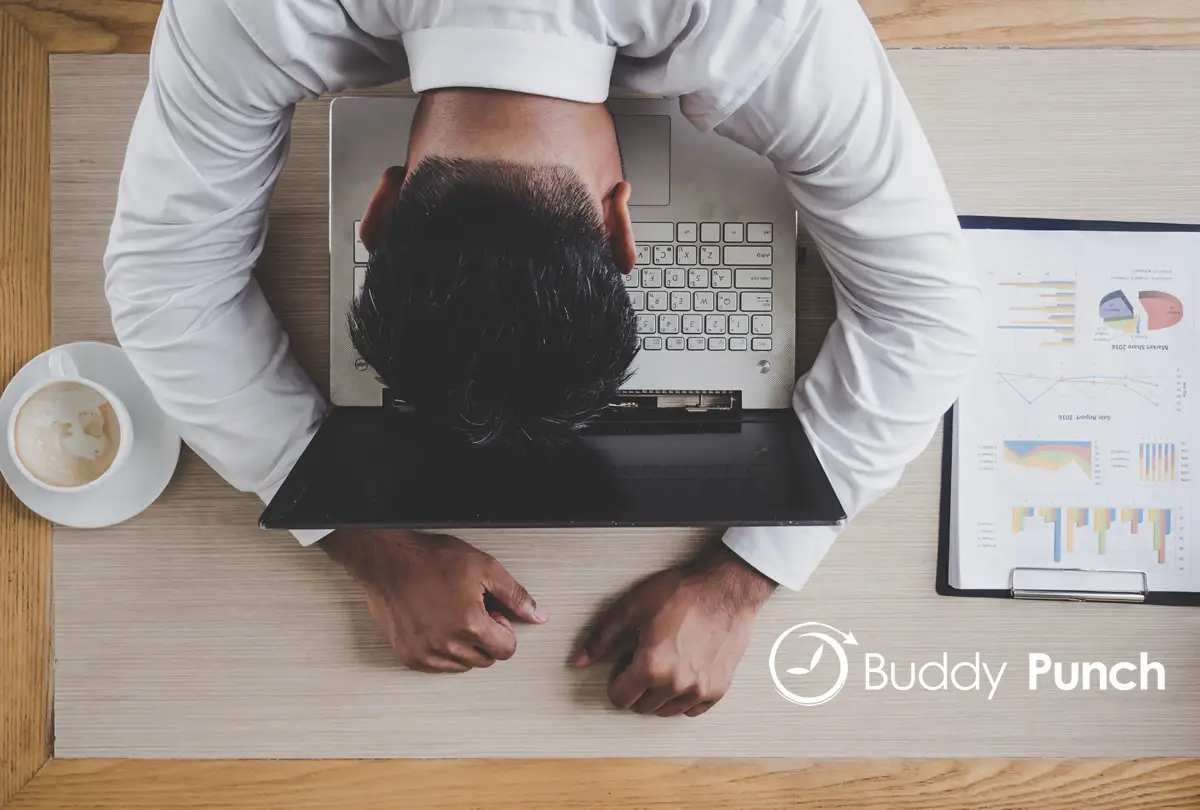Could A Few Extra Breaks Make Employees More Productive?

How many times during the day have you found yourself staring at your monitor or daydreaming knowing that you have to work but not being able to find the motivation within to keep going? Many of us push through the day without taking breaks because we think it is what is expected of us and we end up feeling guilty if we eventually do take a break. The reality is, taking extra breaks allows us to switch off and get much-needed rest from thinking about our work and provides our mind and body a chance to reset.
As employers and business owners we often think that an employee is productive as long as they are working. However, the quality of work that they do while actually working is what is most important and if an employee is not focused or unmotivated their work suffers. Rather than having an employee work three to four hours straight doing a mediocre job, it is best to break up that time and allow little breaks to ensure that you are getting high-quality work in shorter bursts.
Here are just a few of the ways that taking a few extra breaks impacts the productivity of an employee.
Improved focus:
When an employee is working on a project or task for a significant amount of time, it is inevitable that they will become unfocused at some point. They will end up feeling frustrated and overwhelmed that they are not performing up to their usual standards only further fueling their inability do their best.
With the continual flow of information we receive on a daily basis, it has become harder and harder for people to concentrate for long periods of time. The good news is that we can refocus our minds by merely taking a small break or having a brief Interruption, even if that means simply stepping away from your workspace to get a drink or stepping outside to enjoy some sunshine.
Creativity booster:
How often have you struggled to find the answer to a problem even after hours of mulling over all potential solutions only to have the perfect answer come to you when you are working out at the gym or driving in your car? Often, we spend too much time trying to find the exact solution rather than letting our brain do some of the work by solving the problem for us. Taking a few extra breaks allows the mind to wander and organically come up with new ideas from fresh new angles.
Injury reduction:
We often forget how harmful it can be on our bodies if we are sitting for hours on end staring at a monitor. According to News Medical, people who look at computers for more than 3 hours a day may experience the following symptoms:
- Eye discomfort
- Headaches
- Burning sensations
- Blurred vision
- Difficulty focusing
While they may not be considered severe health concerns, eye strains and headaches can easily impact the productivity of an employee. Taking frequent breaks will give your eyes much-needed rest ensuring that overworked eyes will not interfere with your workflow as the day goes on.
The same applies to employees that work in a physically demanding job. It is important to take frequent breaks to ensure that you do not overwork your body. If you push your body to its limit, then you are more at risk to experience injuries such as muscle tears or worse.
Reduced stress:
Whenever we feel like we are not performing to the best of our ability, and as though we are letting our coworkers or boss down, we can easily become stressed. It is inevitable that throughout the day our work quality will depreciate if we do not take the time to let our mind bounce back from focusing for hours on end and this, in turn, can cause us to become even more stressed. Taking frequent breaks, even if only just for 30 seconds, can significantly reduce stress levels and ensure employees remain productive and focused throughout the day.
It is very clear that allowing employees to take a few extra breaks throughout the day can significantly improve their productivity. Make sure to set expectations with your employees to ensure they do not take advantage of the fact that you are providing them with the opportunity to benefit from a few extra breaks. If necessary, keep track of their breaks by using a time clock to make sure they are not abusing the privilege.